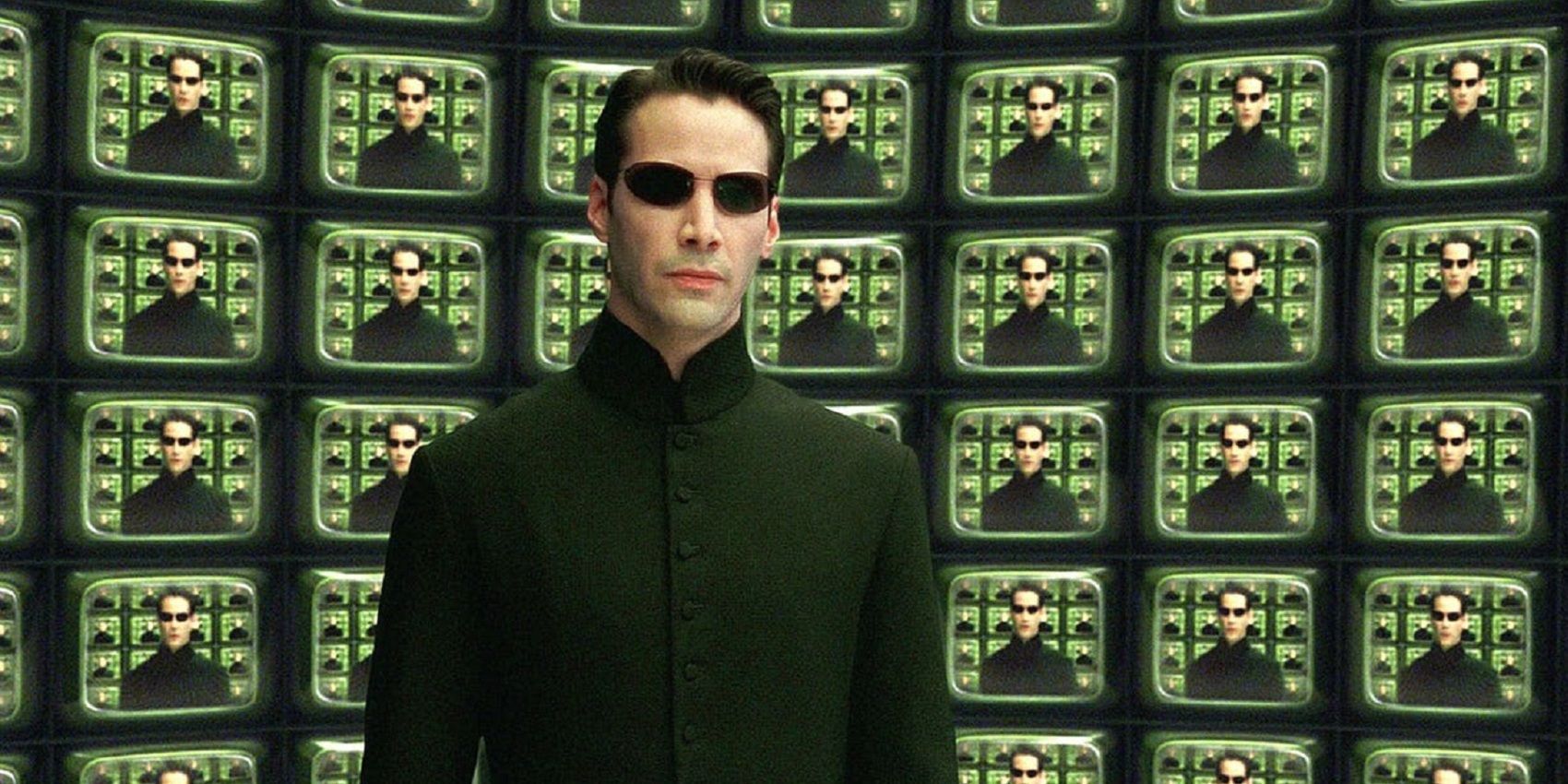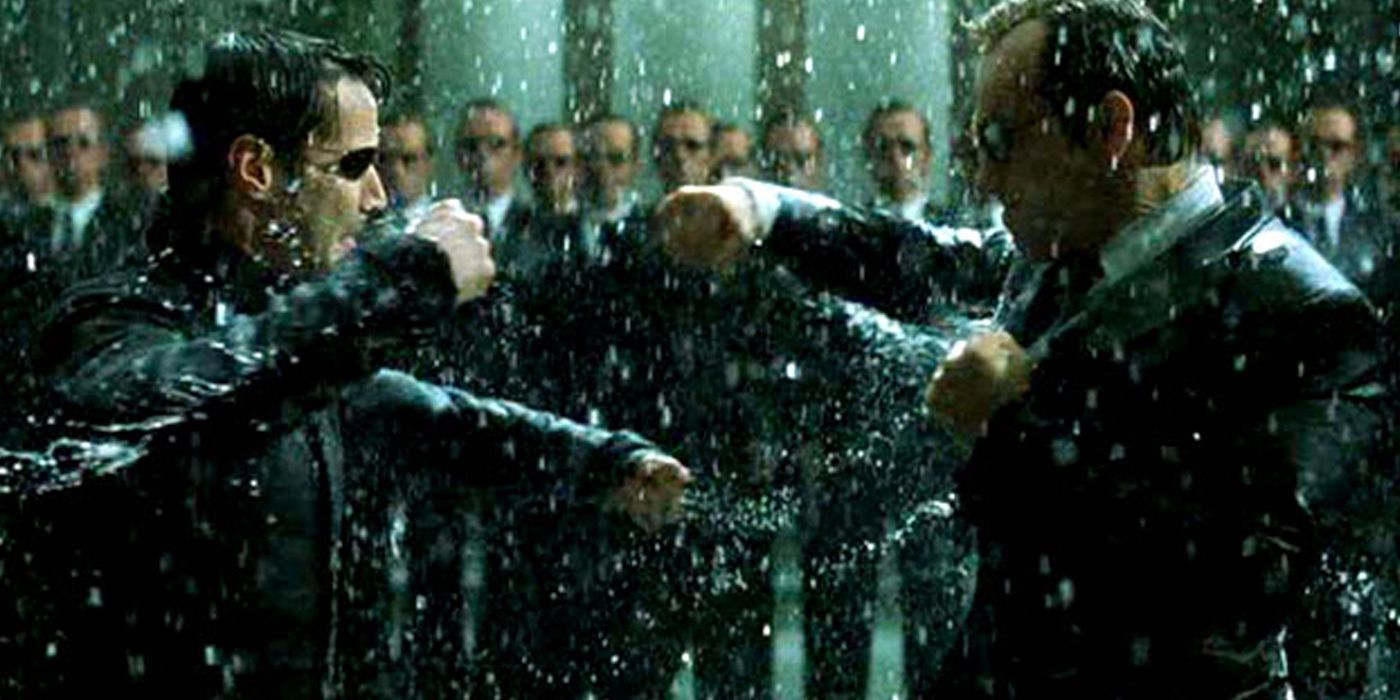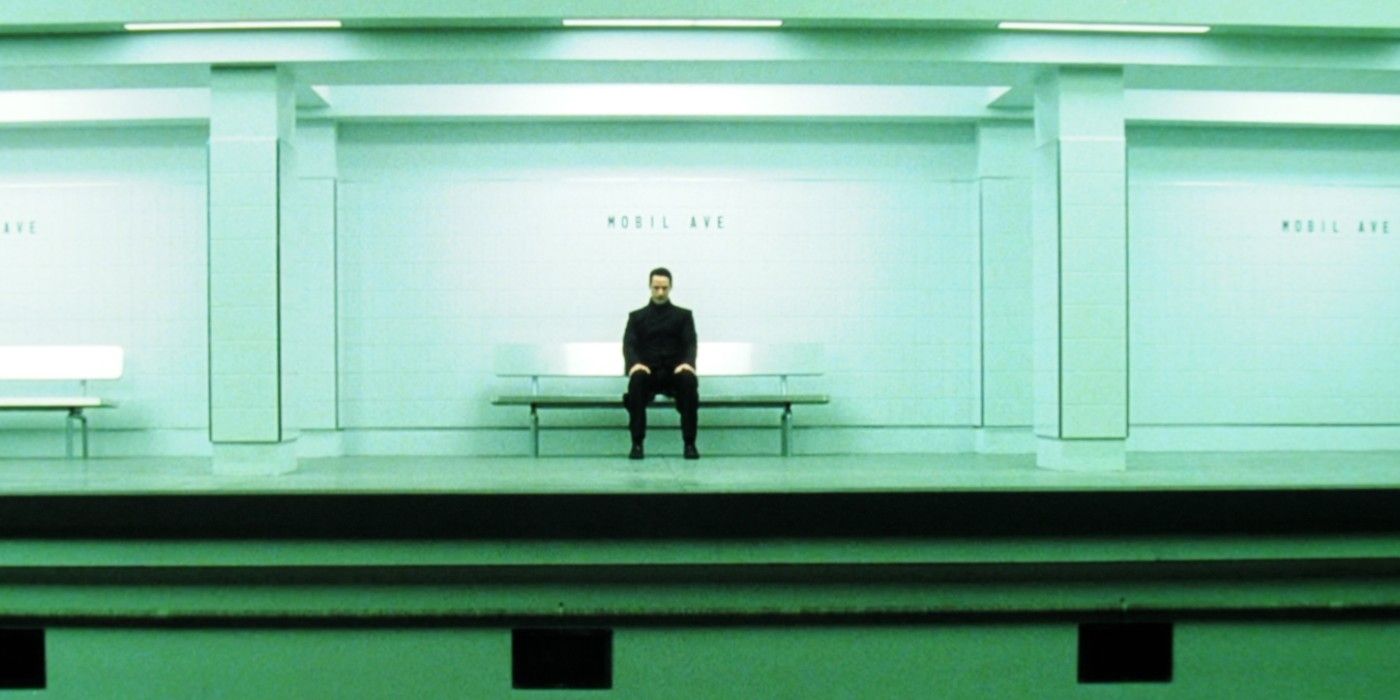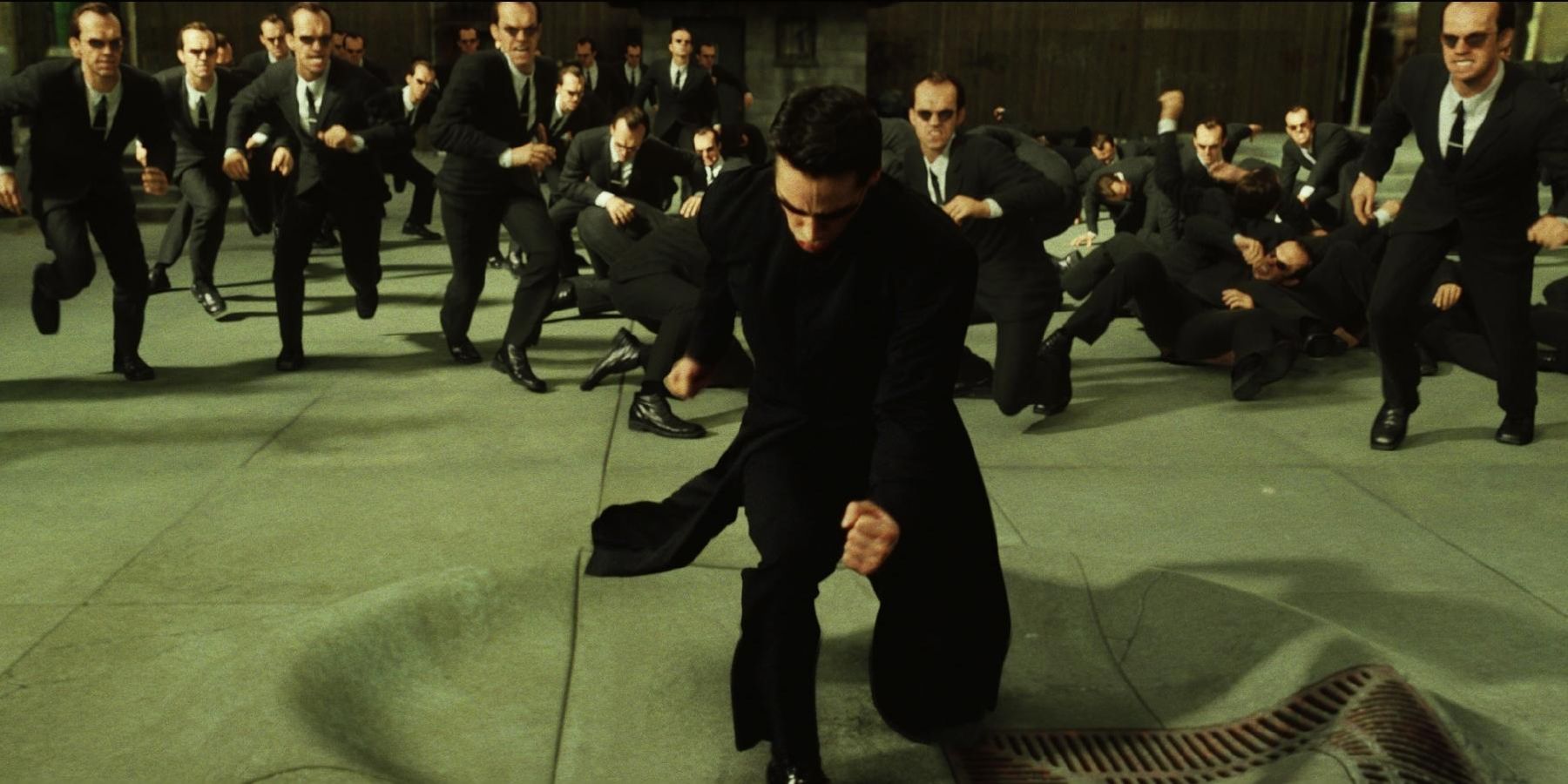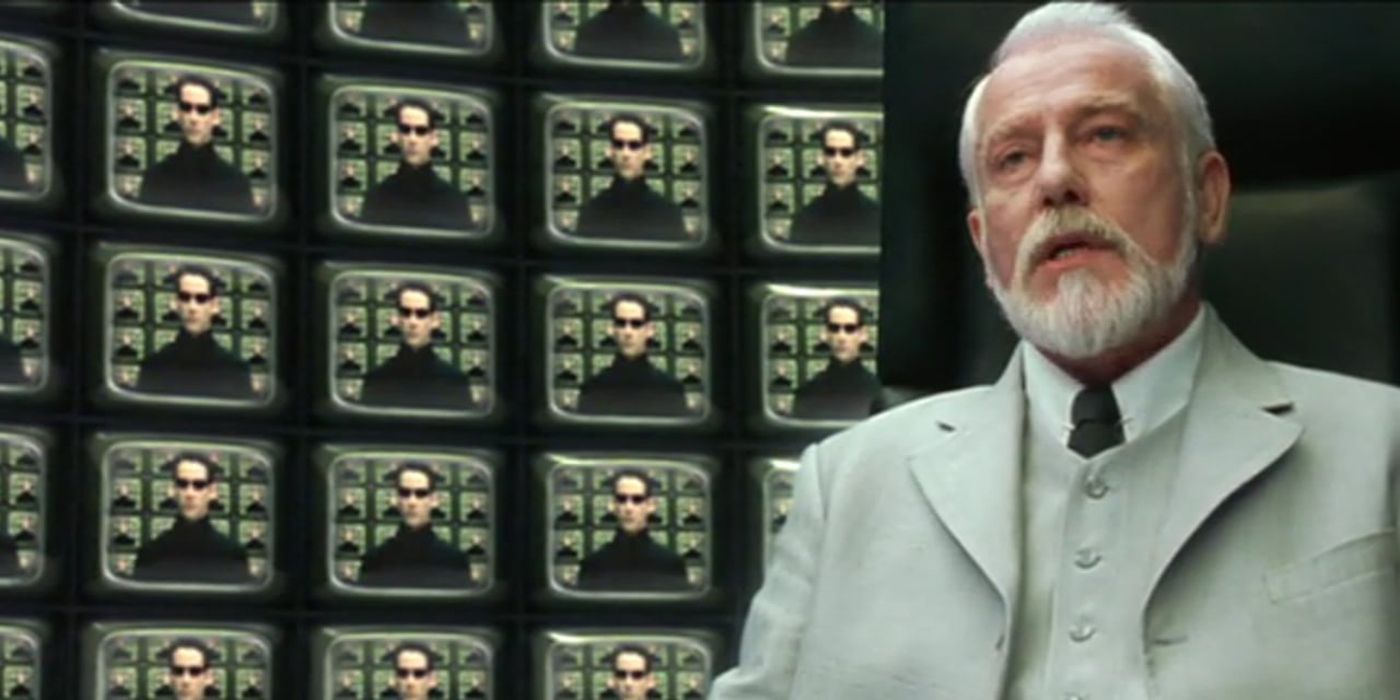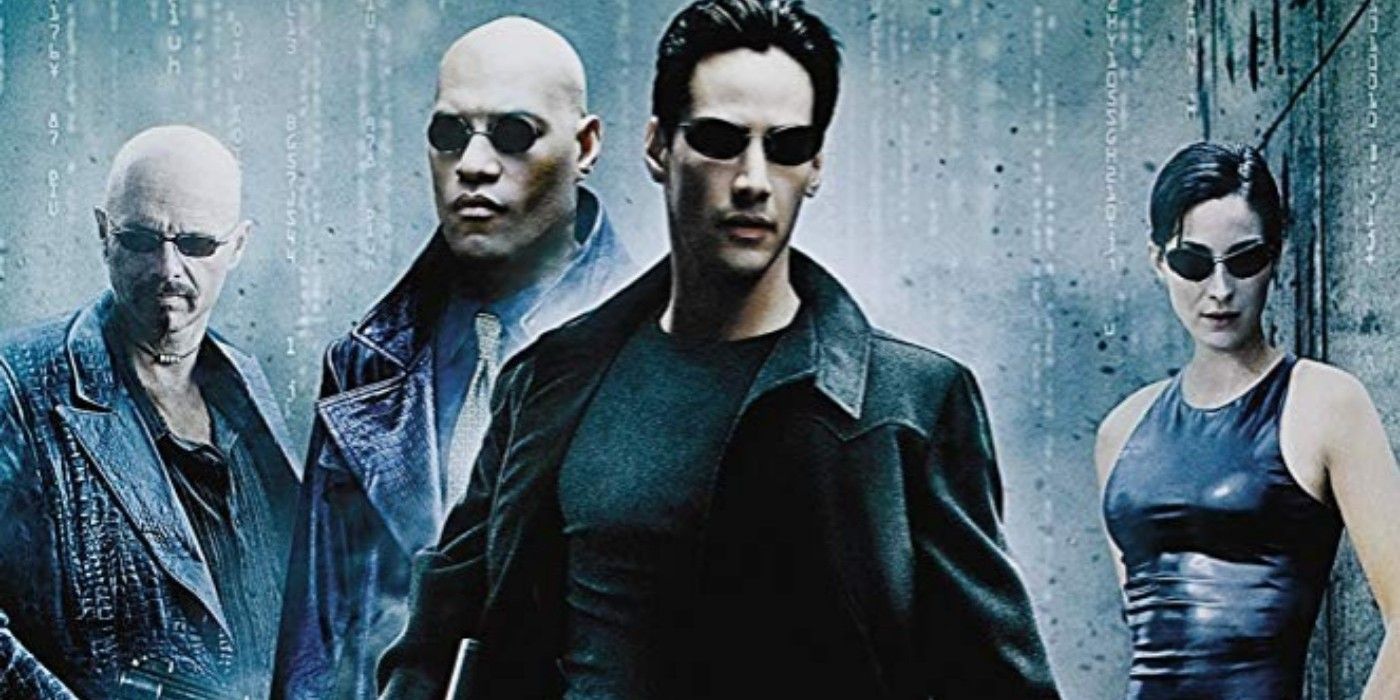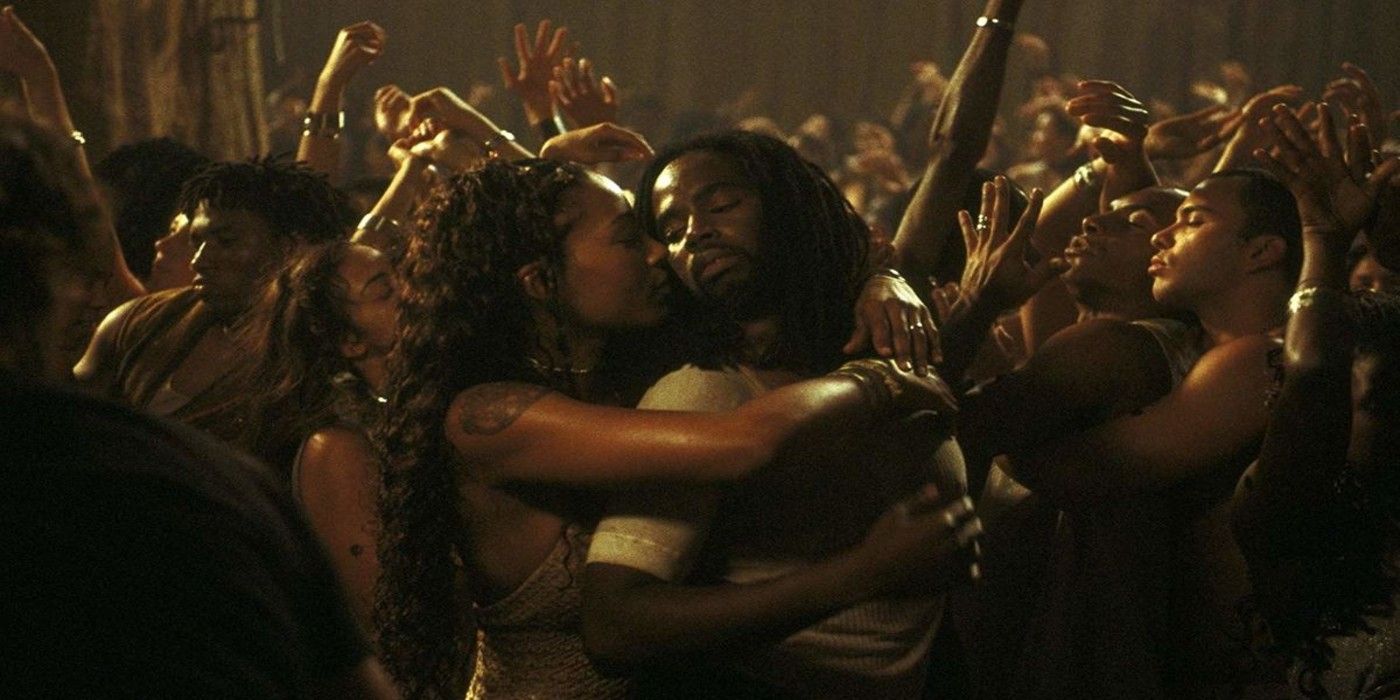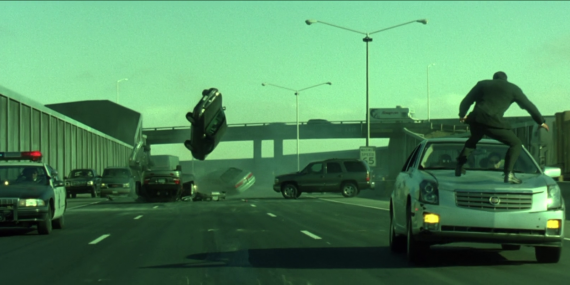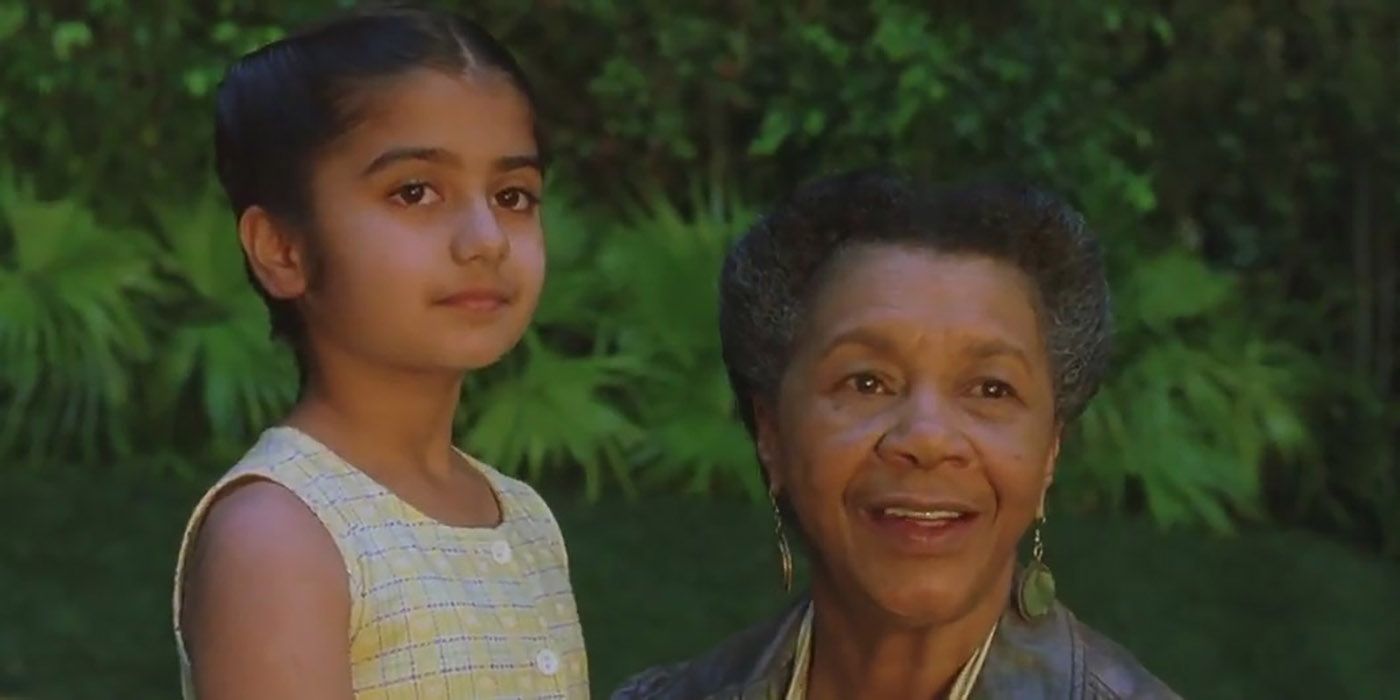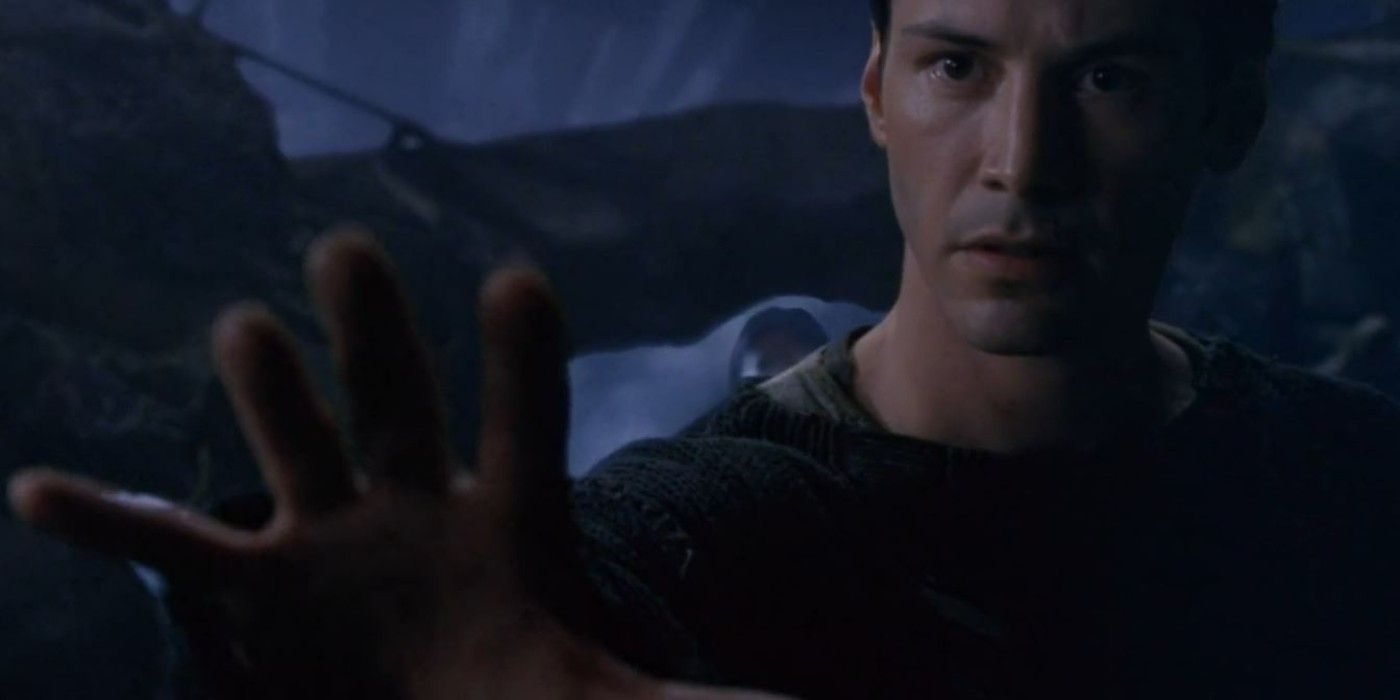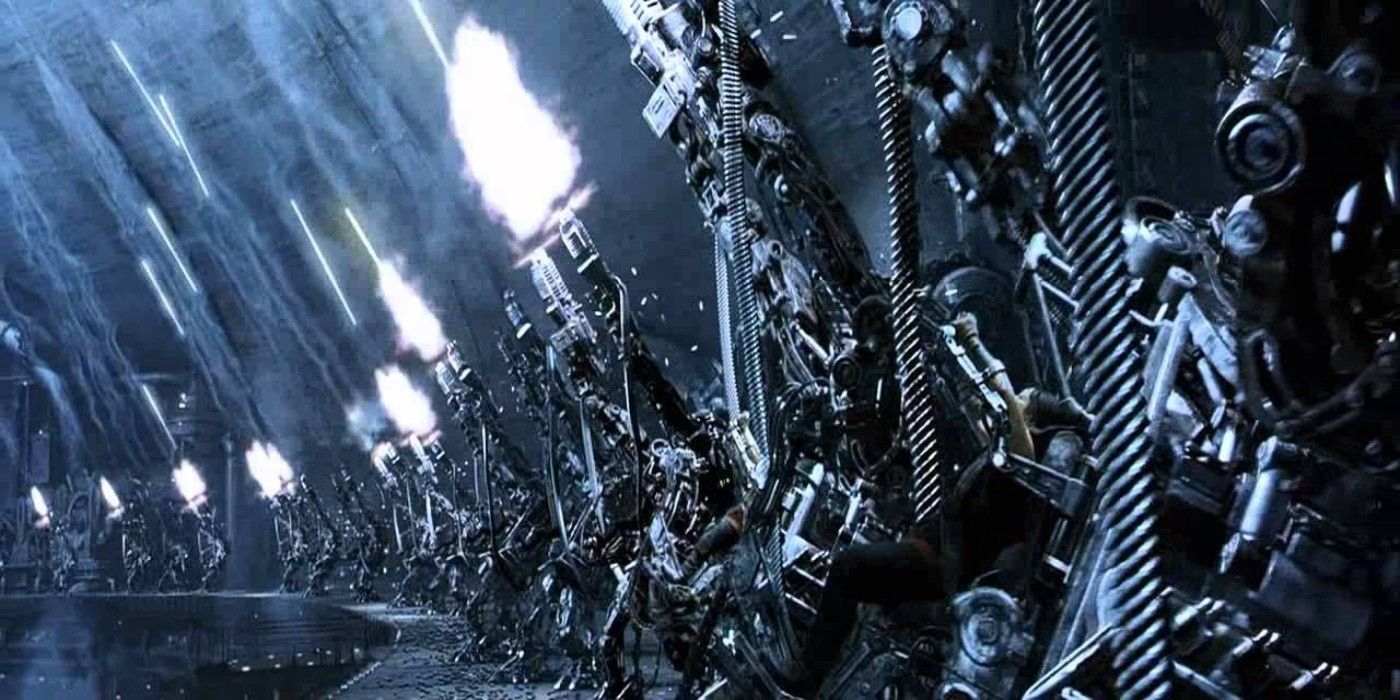Well, it's happened - Keanu Reeves and Carrie-Anne Moss are set to make their long-awaited return as Neo and Trinity, as the 4th installment of The Matrix is confirmed to be in development. The existing sequels contained some confusing moments, to say the least, while also tying up some loose ends. Thus, it'll be interesting to see where Lana Wachowski will - or can - possibly take this 4th film, given these events and the finality of the trilogy's conclusion.
Following the confirmation of another sequel, now would seem as good a time as any to analyze the often strange events that will lead us up to The Matrix 4. Even now, a decade and a half after their release, a number of questions linger. So let's plug back in as we analyze 10 things that make no sense about The Matrix sequels.
Smith's Motives
Of course, it's set up rather early in Reloaded that Smith is the negative side of the anomaly to Neo's positive end. Beyond this, though - what exactly is his "purpose?" It seems to be to simply eliminate our protagonist, but if this is the case - why is he copying himself across the entire Matrix to achieve this? What's the goal of this rogue agent assembling an entire army of himself just to reign over a dark rainy Matrix crawling with no one else but Smiths?
The villain's motive of "taking over the world" has become a trope, and in the case of Smith, it seems pretty pointless given the implications.
"Mobil" Avenue
Neo's comatose state following his overexertion of powers on the sentinels somehow sees him stranded in this limbo. How did he get to this virtual place, considering he was clearly not wired to the Matrix? Theories suggest that he got there "wirelessly," but if that's the case, why couldn't he also disconnect wirelessly? This also seems to be the first case of this happening. Does this come with the powers of "The One?"
For that matter - how can exiled programs be smuggled within this Matrix-bound program without the system's creator or agents controlling or gaining access to it?
Neo Defeating An Army Of Smiths...
Neo is significantly more powerful by the second movie. Still, how is it that he's able to withstand the barrage of dozens of Smiths during an early fight scene of Reloaded? Smith is no longer an agent at this point - he's "unplugged," and while we as an audience aren't aware of this yet, he's basically Neo's super-charged counterpart. This being the case, it stands to reason that just one rogue program who parallels his strength should be able to go toe-to-toe with him; let alone several.
As a side note - why is the army of Smiths just standing idly in Revolutions as Neo fights his counterpart in Dragon Ball Z fashion when they could easily overwhelm him? The point is to defeat Neo, is it not?
6 Versions Of The Matrix/Zion?
One of the biggest revelations among the Architect's barrage of exposition explains that Neo is merely one of 6 total incarnations of "The One." He isn't a liberated human whose been elevated to "prophet" status, but rather, just another cog in a larger machine of control. This is an interesting twist but makes little contextual sense.
Neo existing as just the next anomaly inline - set up to return to the source and save Zion for the 6th time begets several questions. What exactly happened to the other incarnations? For that matter, what's the role of The Oracle in all this, and how has she managed to fail 5 times? How are the agents, along with the other rogue programs Neo interacts with, not more privy to his actions since he's a repeated version of the anomaly? How has Zion managed to be destroyed and rebuilt 5 times with no knowledge/recollection of anyone in the city?
Contradicts The Original Film's Theme
Much of the Matrix's central theme seems to revolve around breaking from the "system" and being in control of one's own destiny. After all, Neo answers Morpheus' posed question - "do you believe in fate?" with a resounding "No - I don't like the idea that I'm not in control of my life." That answer largely "sells" Morpheus on Neo being The One, and ready to learn the truth.
And yet - the sequels seem to do a 180 from this idea of liberation. It often pounds home the notion that we're all - even Neo and Zion's band of free humanity - just mechanisms in a larger machine. The illusion of "choice" seems to be stripped away in favor of understanding one's predetermined purpose. Even The Oracle makes this clear by telling him "You've already made the choice. Now you have to understand why."
If this is the case and everyone's destiny is predetermined - why should we care?
The Celebration In The Matrix Reloaded
Dialing things back from broader points to a more specific event - why did Zion seem to be so optimistic - even celebratory - following the information that an army of sentinels had set out to destroy them?
Sure, you could say that the populace was somewhat left in the dark as to the magnitude of the threat on Zion. Regardless, the prospect of countless machines honing in on the last human city would seemingly put the thousands of humans trapped underground on edge. It would probably see many brace for combat in one way or another. It certainly wouldn't coax a massive dance party, like the one this news abruptly leads to.
Why Do The Agents Care About The Keymaker?
If you've been following what little of the plot transpires in the Matrix Reloaded's first half, it makes sense that the Merovingian and The Twins would be after their prized Keymaker. But... why exactly do the agents care?
After all, merely a few scenes after this highway chase, it's revealed to Neo and the audience that he's essentially being played to return to the source and be reintegrated into the system. If this is the case - and Neo was meant to reach the Architect, why are the agents trying to stop him? Surely they must be aware of the ultimate goals by "the powers that be." Since they're hardwired to the system, they could at least have this information "downloaded" into their agent hard drives...
The Oracle's Motives
The Oracle is very much portrayed as the peaceful, caring, "all-seeing" program of the Matrix. Why, then, does she seem to play right into the Architect's hands?
After all, it is The Oracle that essentially leads Neo to the Keymaker, which in turn leads him to the source; exactly where the Architect wanted him. Was she working with him the whole time? After all, it's heavily implied that she's the "mother" of the Matrix. Or did she know something the Architect did not - that Neo would achieve what his predecessors failed to do and break from the system? And how could she have this elevated awareness if the Architect was the system's creator?
Neo's "Matrix" Powers In The Real World?
In an eyebrow-raising plot twist during a desperate scramble from some sentinels, it's revealed that Neo has apparently gained powers outside of the Matrix. This is hardly explained.
Have some of Neo's Matrix-manipulating abilities rubbed off on him in the real world?
Could Neo and company be in a Matrix within a Matrix? This could actually tie together Reloaded rather nicely. And yet - this is never revealed or even really implied to be the case. The movie seems to be blurring the lines between reality and the Matrix at this point.
That Revolutions Ending...
Although Revolutions contains a visually impressive final battle - it's tough to be emotionally invested given its nonsensical, bitter-sweet "ending."
After Zion is basically left in utter ruin, Neo removes himself - and thus his malignant counterpart in Smith - establishing peace between the humans and machines. This is nice, except it minimizes the significance of this drawn-out battle and the sacrifices made. It also feels very incomplete, as only those who "want out" will be freed from the Matrix.

